

Happy pre-Independence Day! 🇳🇬
With just 9 days to go and a few tickets left, Moonshot is now offering 30% off all tickets!
Now is the perfect time to be a part of the conversation about Africa’s digital landscape and treat yourself to two amazing days of gaining valuable insights from industry experts, networking with potential partners and investors, and being a part of the groundbreaking innovations shaping the African digital economy.
Don’t miss out on this incredible opportunity. This offer ends in 4 days!

Internet
Safaricom opens up to a Starlink partnership
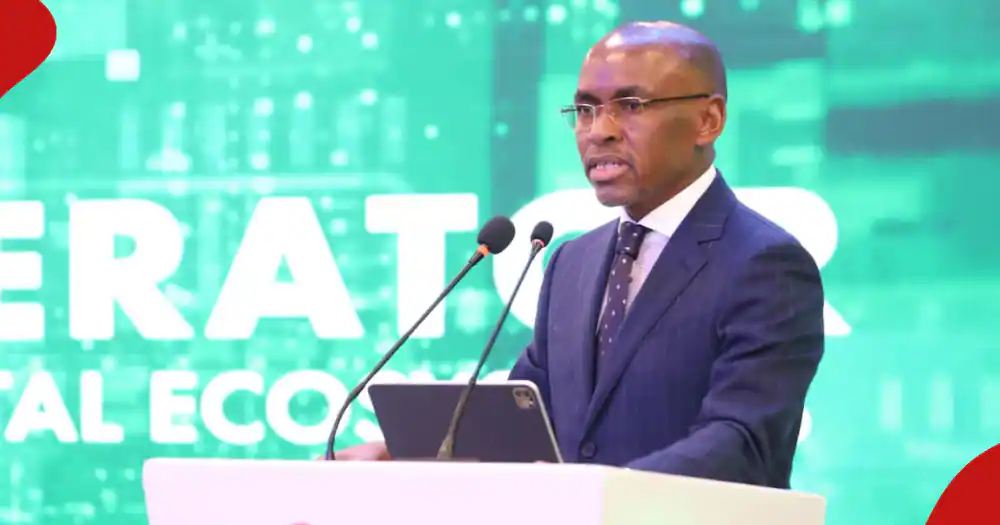
Kenya’s telecoms market leader Safaricom, claims it is now open to partnering with Starlink, an about face from the company’s previous position.
“We have had some discussions, and we will continue to have those discussions to the extent that they complement what we are offering,” CEO Peter Ndegwa told Bloomberg.
A partnership between Safaricom and Starlink could benefit Kenyan consumers. The corporation’s extensive network could provide a robust distribution channel that could be key to reducing the cost of Starlink kits, which currently cost KES 45,000 ($350). However, the specific details of such a collaboration – should it proceed – remain undisclosed.
In August, Safaricom wrote to Kenya’s Communications Authority (CA) to impose stricter regulations on independent satellite internet providers like Starlink. While the CA argued that Safaricom had a right to suggest market entry prerequisites, this move was criticised, as some industry experts accused Safaricom of attempting to curtail Starlink’s market entry.
Regardless of whether the partnership proceeds, the existing rivalry between the two ISPs shows that new market entrants benefit consumers with price-sensitive offerings.
Starlink has also changed how Safaricom prices its fibre packages, obviously to maintain its top position as a fixed internet services provider.
Last Monday, Safaricom responded by upgrading its fibre speeds up to five times and introducing a 1 Gbps package—a previously unfeasible offering in the local fixed internet market. Starlink countered with a more affordable residential package offering speeds of up to 100 Mbps for KES 4,000 ($31) a month and a cheaper Starlink Mini kit priced at KES 27,000 ($210).
These developments are a positive step towards making fixed data services more accessible to Kenyans.
Read Moniepoint’s Case Study on Funding Women
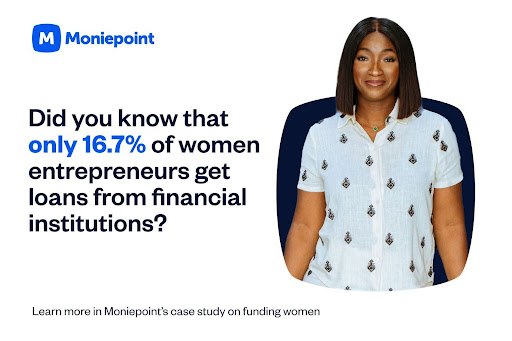
After losing their mother, Azeezat and her siblings struggled to keep Olaiya Foods afloat. Now, with Moniepoint, they’re transforming Nigeria’s local buka scene. Click here for a deep dive into how Moniepoint is helping her and other women entrepreneurs overcome their funding challenges.
Transportation
Nigerian drivers are experimenting with CNG

Nigeria is marking its independence with a giveaway., The Federal government will give commercial drivers 2,000 compressed natural gas (CNG)-powered tricycles.
With fuel prices at record highs, CNG vehicles may finally be having a moment.
Drivers on the ride-hailing platform Bolt have been retrofitting their vehicles with CNG kits discounted by the government.
CNG, which costs about ₦235 ($0.14) per cubic metre, is about five times cheaper than petrol. With just ₦5,000 ($3) worth of the gas, a car can make a round trip from Lagos to Ibadan (about 262 km), according to our report. The same trip will require about ₦30,000 ($18) worth of petrol.
But will CNG really go mainstream? This high interest in the compressed gas might just be a temporary flight response to the increased cost of fuel. Despite previous spikes in fuel prices, CNG usage has not seen widespread adoption since 2019.
A major hindrance to mass adoption is the cost of the conversion. The kits cost ₦200,000–₦300,000 ($121–$181) in 2019 and have since seen prices increase to ₦750,000–₦2.5 million ($423–$1,512).
The government is currently fully and partially funding conversion for public transportation but there is a limit to its coffers. Limited resources and fuel subsidies were removed in the first place. What will happen when the government reaches its limits? Will commercial drivers scrape from their meagre earnings to buy it? Or will they simply keep increasing the price of transport?
Issue USD and Euro accounts with Fincra
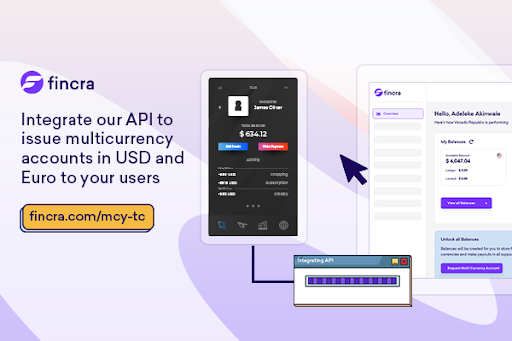
Whether you run an online marketplace, a remittance fintech, a payroll, a freelance platform or a cross-border payment app, Fincra’s multicurrency account API allows you to instantly create accounts in USD and EUR for customers without the stress of setting up a local account. Get started today.
Features
Can Bosun Tijani’s fibre optic plan bring more Nigerians online?
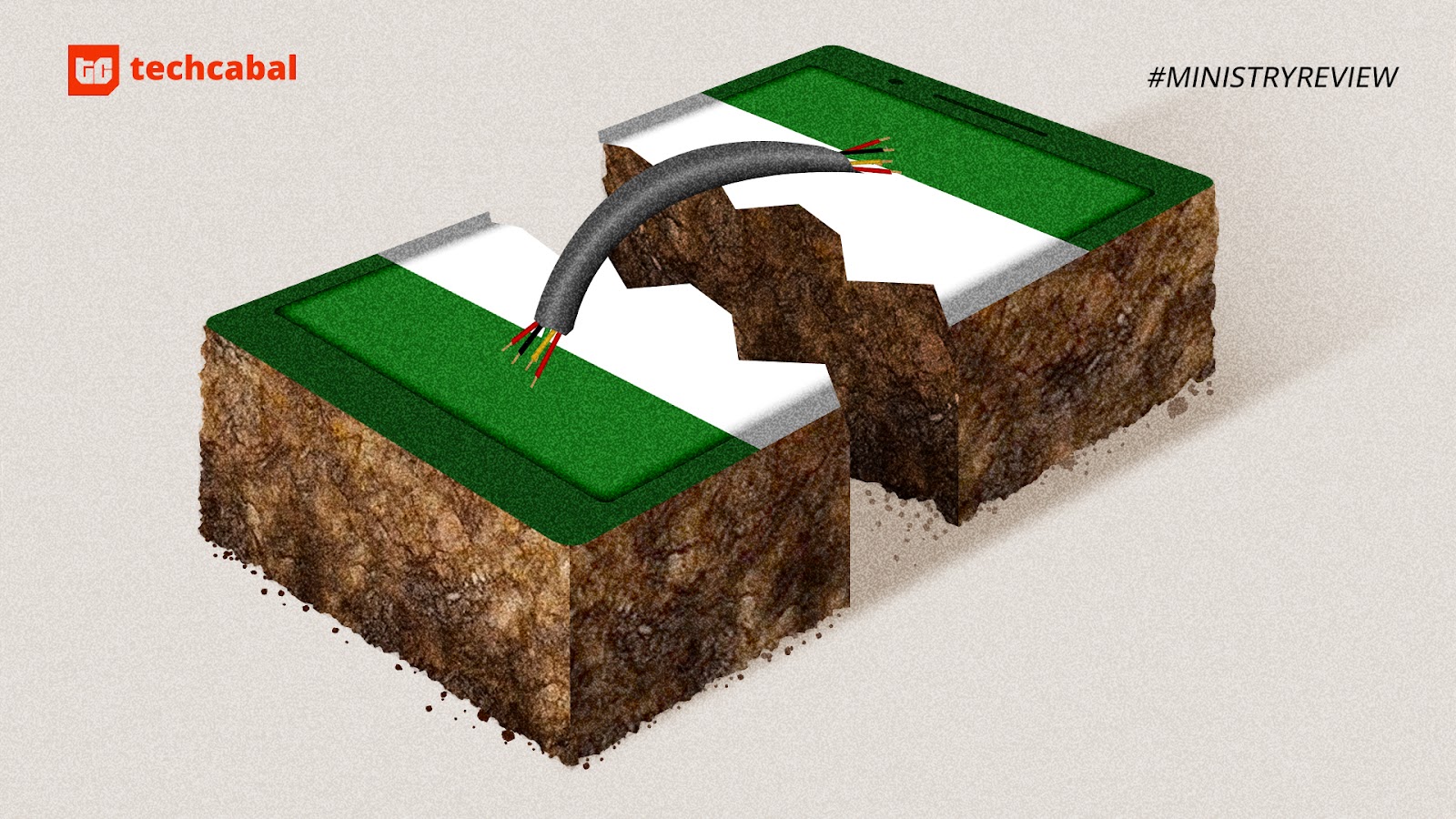
This year, the United Arab Emirates (UAE) recorded the fastest average fixed broadband internet speed worldwide, at 291.85 megabytes per second (Mbps), and Singapore was a close second at 290.86 Mbps. In Nigeria, approximately 28 million Nigerians will wake up today having never used the internet or a mobile device to make calls. Those with the luxury of internet access will enjoy average download speeds of 27.68 Mbps, 132nd on a ranking for Worldwide Broadband Speed.
Bosun Tijani, the minister of communications, innovation, and digital economy, stays up at night thinking about how to bring high-speed internet to Nigeria’s 774 local government areas. He’s working on delivering 90,000km fibre optic cables nationwide, starting from the first quarter of 2025.
The plan requires $2 billion, which the minister says he will raise from seven development finance institutions and local investors. He has also secured the president’s approval for a special-purpose vehicle that will be responsible for the actual building and management of the fibre.
But it’s far from a done deal. The immediate challenge will be rumblings about an imminent cabinet reshuffle that may see him out of office before he executes on his big goals.
If he survives a reshuffle and his ministry remains intact, Tijani will need his DFI friends to wire the money needed so he can hit the ground running.
The minister has less than three years to achieve 90,000km of fibre – a feat never seen before in Nigeria. The industry is optimistic about the plan. Will that optimism be enough?
Read about Bosun Tijani’s plan to bridge Nigeria’s digital divide.
Introducing Pay with Pocket on Paystack Checkout
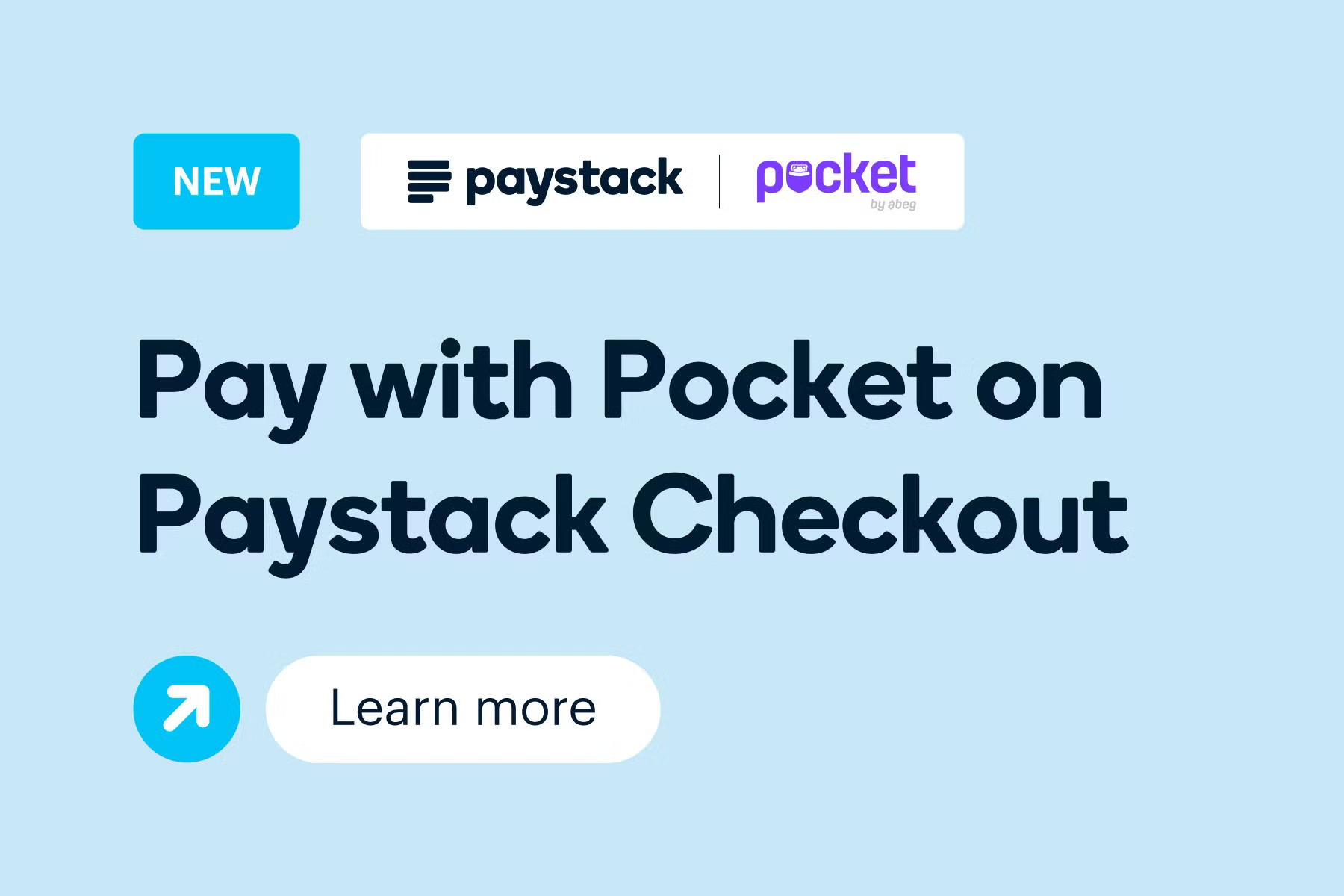
Paystack merchants in Nigeria can now accept payments from PocketApp’s 2 million+ customers. Learn more →
Features
How to train 3 million tech talents, the Bosun Tijani way

Every political office-holder cares about legacy. For Nigeria’s Minister of Communications, Innovation, and Digital Economy, Bosun Tijani, it is training and placing 3 million technical talents by 2027. It is the biggest government-led technical talent training program in Nigeria’s history and the minister describes it as the world’s largest tech accelerator.
It is unsurprising given Tijani’s history of working with tech talent at CCHub, the tech accelerator that midwifed many early Nigerian startups. Even before creating the ministry’s strategy document, one of his close aides said the minister was clear about creating a pipeline for tech talent.
And for President Bola Tinubu, the 3 Million Technical Talent (3MTT) programme is key to fulfilling his campaign promise of creating one million tech jobs. Being an industry with a low barrier to entry, technology is considered the best shot at addressing Nigeria’s unemployment rate.
When Tijani first shared the plan in October 2023, the reactions were polarising. Critics say that considering the rigour required, three months isn’t sufficient to train people in digital skills and make them job-ready. Existing infrastructure problems, including low internet penetration and digital literacy, are also talking points.
Yet the ministry believes 3MTT has scored significant wins. It claims it created over 3,500 jobs for participants in its inaugural cohort. It aims to train 270,000 people in the second cohort.
How has 3MTT fared and how close is it to reach its ambitious target? These are the critical questions we will answer in our next article in our comprehensive review of the minister’s first year.
In case you missed our previous articles, you can read them here.
CRYPTO TRACKER
The World Wide Web3
Source:

|
Coin Name |
Current Value |
Day |
Month |
|---|---|---|---|
| $64,450 |
– 1.98% |
+ 8.66% |
|
| $2,629 |
– 1.48% |
+ 3.97% |
|
|
$2.34 |
+ 65.76% |
+ 80.3% |
|
| $156 |
– 7.0% |
+ 12.43% |
* Data as of 06:02 AM WAT, September 30, 2024.
Opportunities
- Here’s an exciting opportunity for crypto innovators! Quidax in partnership with TC Battlefield has launched an exclusive award category to celebrate the most promising and innovative crypto startup in Africa. If you’re solving big problems with cryptocurrency, you stand a chance to win the $15,000 grand prize and other exciting rewards. Applications close next week so apply quickly!
- Introducing Krent, a property tech platform providing Nigerian renters and buyers with a transparent, stress-free, and cost-efficient solution. krent.space addresses many of the long-standing frustrations faced by renters, such as time-consuming property inspections, countless outrageous fees, and inefficient processes. The platform has completely removed inspection fees—something that often blindsides house renters. If you’re renting a property in today’s Nigeria, you can pay up to 20% of your rent on extra fees but with Krent, you’ll only pay an 8% admin fee, which covers agency fees and any other costs related to the property. Get started here.
- The Future of Capitalism Tech Startup Competition is offering $1 million to one lucky tech startup that can transform how businesses today operate. If your tech can save costs, boost efficiency, increase productivity or customer satisfaction, then apply by September 30 for a chance to win.
Issue virtual USD cards for you and your customers
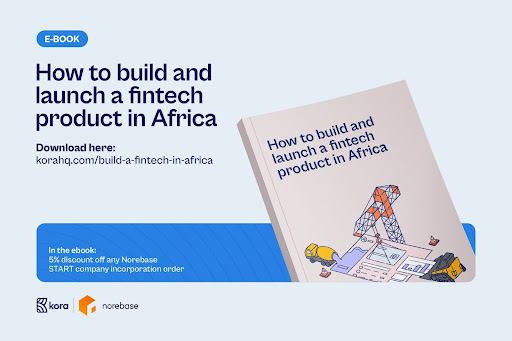
Do you want to issue virtual USD cards for your customers and business expenses? Use Kora’s APIs to issue cards, customise your card program, and set your customers’ funding limit to your risk level. Get started here.

Written by: Kenn Abuya, Ganiu Oloruntade, Ngozi Chukwu, and Frank Eleanya
Edited by: Olumuyiwa Olowogboyega
Want more of TechCabal?
Sign up for our insightful newsletters on the business and economy of tech in Africa.
- The Next Wave: futuristic analysis of the business of tech in Africa.
- Entering Tech: tech career insights and opportunities in your inbox every Wednesday at 10 AM WAT.
- TC Scoops: breaking news from TechCabal
P:S If you’re often missing TC Daily in your inbox, check your Promotions folder and move any edition of TC Daily from “Promotions” to your “Main” or “Primary” folder and TC Daily will always come to you.






















